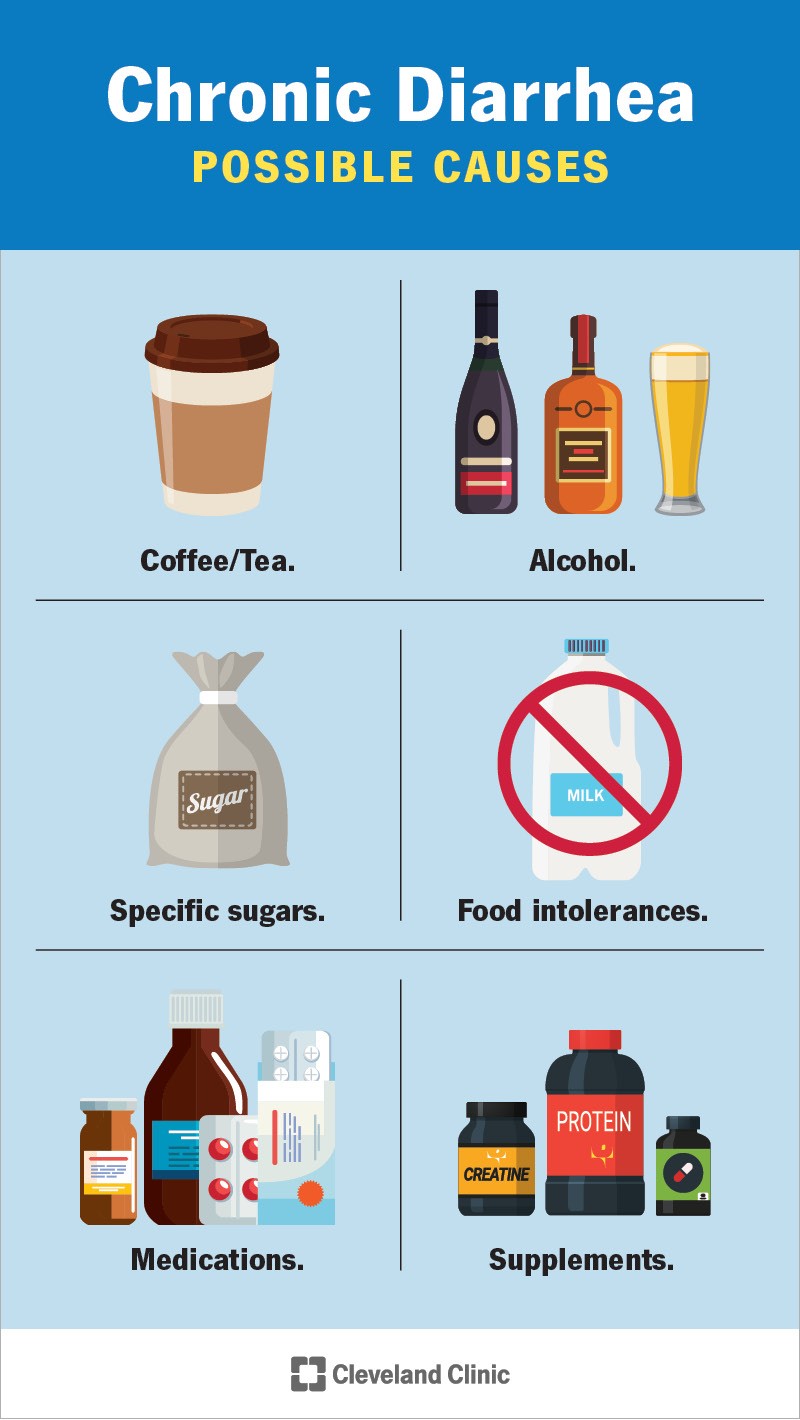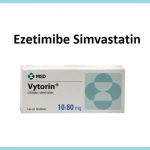
Contents
How to Get Rid of Diarrhea
Diarrhea is characterized by loose or runny stools occurring frequently throughout the day. It can be related to autoimmune diseases like Crohn’s or bowel disorders like irritable bowel syndrome, but is often caused by food intolerance, viral infection, food poisoning, or other infectious diseases. Diarrhea can lead to dehydration and nutrient deficiency, especially in chronic cases.
Home Remedies for Diarrhea
Several home remedies have been suggested for treating diarrhea. While many have not been extensively studied, three remedies that have proven effective are:
- Pectin
- Cooked green bananas
- Probiotics
Treatment for Diarrhea in Infants and Children
Most cases of acute diarrhea in infants and young children are caused by viral gastroenteritis and typically resolve quickly. Antibiotics are not typically prescribed for viral gastroenteritis. However, if symptoms include fever, vomiting, and loose stools, it may indicate another infection requiring antibiotic treatment, such as otitis media, pneumonia, bladder infection, sepsis, or meningitis. Infants with diarrhea should be evaluated by a pediatrician to address underlying infections and receive guidance on the proper use of oral rehydration products.
Moderate to severe dehydration in infants is usually treated with intravenous fluids in a hospital setting. Infants who are mildly dehydrated due to viral gastroenteritis can be treated at home with oral rehydration solutions. Breastfed or formula-fed infants should continue to receive breast milk during the rehydration phase, if vomiting is not an issue. After rehydration, lactose-free formula and diluted juices are recommended, gradually reintroducing milk products as the infant improves.
Treatment for Diarrhea in Adults
Mild cases of diarrhea in adults can be managed by consuming diluted fruit juices, sugar-containing soft drinks, sports drinks, and water to prevent dehydration. Caffeine and lactose-containing dairy products should be avoided temporarily as they can worsen diarrhea. If there is no nausea or vomiting, solid foods can be continued. Foods well tolerated during a diarrheal illness include rice, cereal, bananas, and potatoes.
For moderately severe diarrhea accompanied by dehydration in older children and adults, oral rehydration solutions can be used. After rehydration, solid food can be resumed once nausea and vomiting subside, starting with rice, cereal, bananas, potatoes, lactose-free products, and low-fat options. The variety of foods can be increased as the diarrhea subsides.
Most episodes of acute diarrhea do not require antibiotics, even in cases caused by bacterial infections.
Medications for Diarrhea
Antibiotics
Antibiotics are often prescribed in the following situations:
- Severe and persistent diarrhea
- Additional debilitating diseases
- Diagnosis of parasites, serious bacterial infections, or C. difficile
- Traveler’s diarrhea
Absorbents
Absorbents help make diarrhea stools less watery by absorbing water in the small intestine and colon. Examples of absorbents include attapulgite and polycarbophil, which are available without a prescription. It is important to note that absorbents may also bind medications, so taking them several hours apart is recommended.
Anti-motility medications
Anti-motility medications relax the muscles of the small intestine and/or colon, slowing the flow of intestinal contents. This allows more time for water absorption and reduces the water content of stool. Loperamide (Imodium) and diphenoxylate (Lomotil) are two commonly used anti-motility medications.
Bismuth compounds
Bismuth subsalicylate (Pepto-Bismol) is an over-the-counter product that contains bismuth and salicylate. It is effective in treating traveler’s diarrhea and H. pylori infection. The mechanism of action of bismuth compounds is not well understood, but they are thought to have antibiotic-like properties and reduce inflammation.
When using Pepto-Bismol, precautions should be taken due to its salicylate content and potential side effects.
Which Doctor to See for Diarrhea
Most cases of diarrhea can be treated by primary care doctors or emergency medicine specialists. Gastroenterologists manage complicated cases and investigate the underlying causes of chronic diarrhea.


